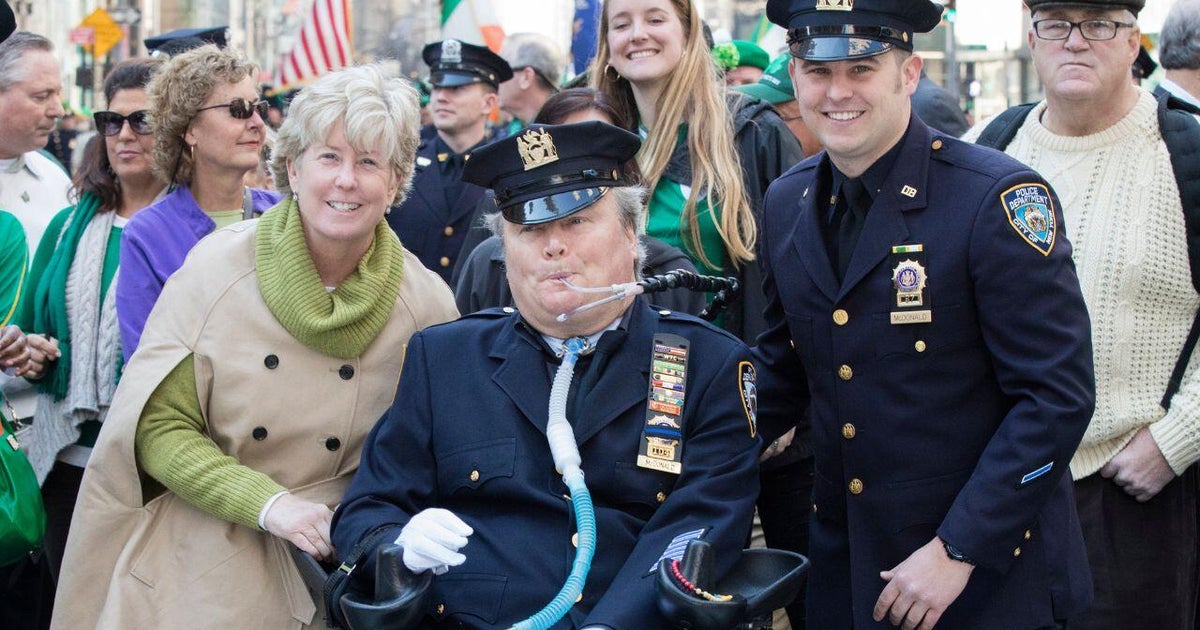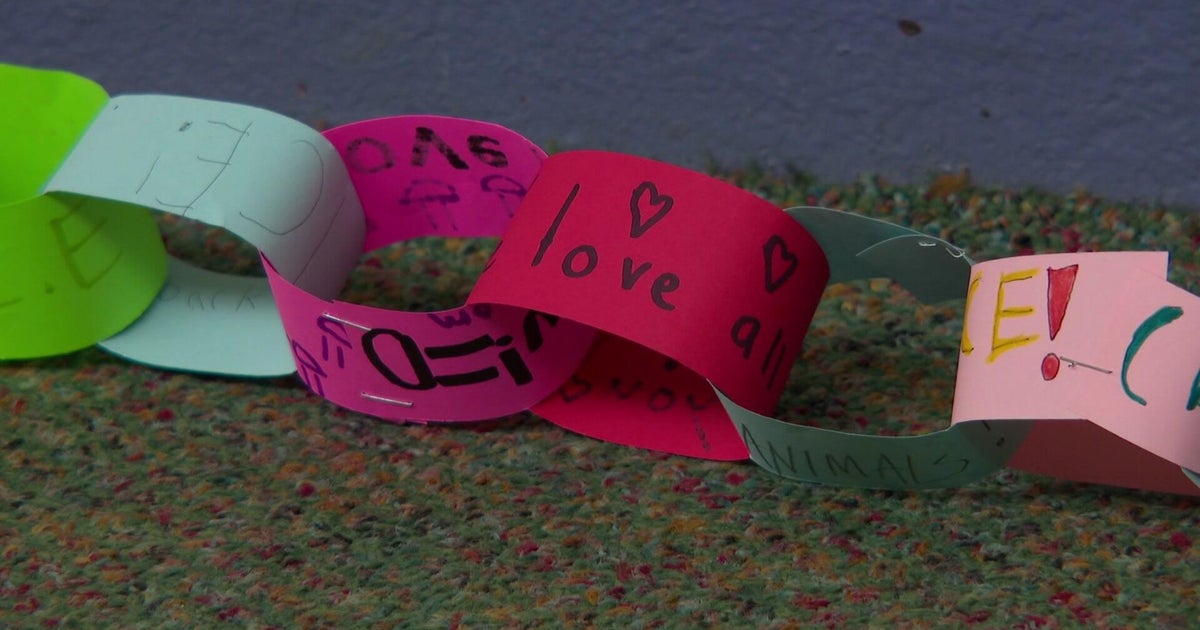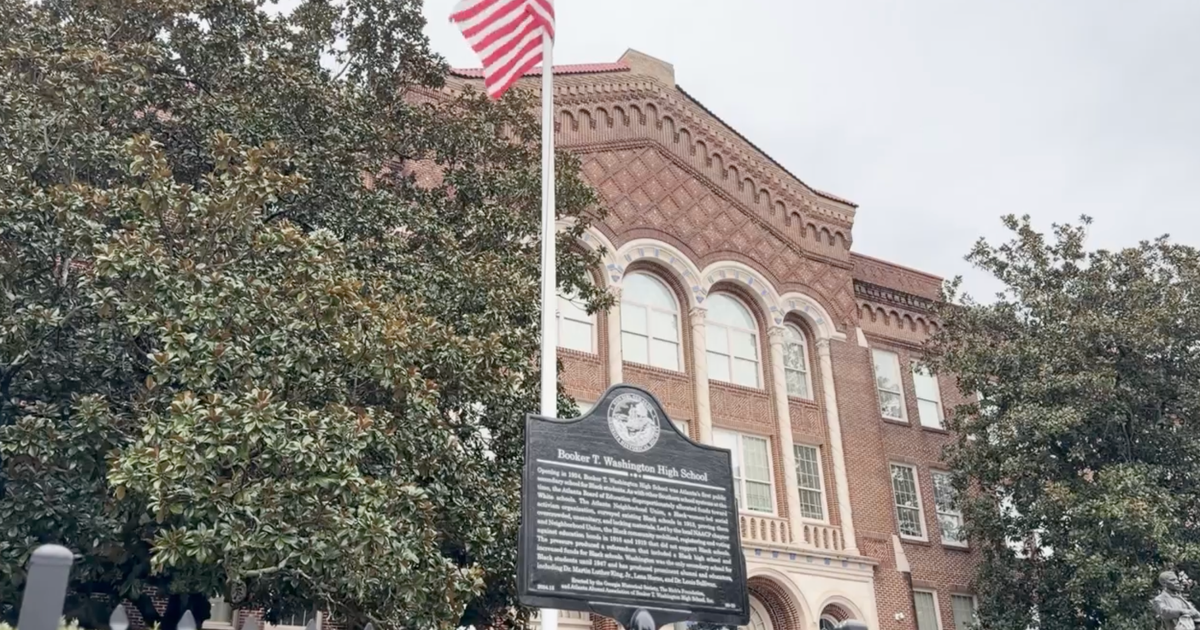High-Tech Wheelchair Redefines Mobility For Paraplegics
GRAPEVINE (CBSDFW.COM) - It may sound like something out of an Apple commercial or an Isaac Asimov story, but a high-tech wheelchair is giving paraplegics and quadriplegics a sense of independence not offered by a traditional wheelchair.
Dean Kamen, the man who created the Segway, built the iBot. Several severely injured military veterans said the machines are life-changing. Due to its high price-tag, though, the machines are no longer available.
"I'm totally independent," said Raul Pedraza, who can now speak eye-to-eye with anyone, thanks to the lift in his iBot. "It's a life-changing difference. I can go to Sao Paolo, Brazil!"
The iBot Mobility System rotates two sets of wheels around one another, giving the user the ability to ascend higher in the seat and essentially walk over stairs and curbs. It's a prescription-only product, reserved for those who are severely disabled.
Ed Beasley lost his legs in Vietnam in 1965. He sings the praises of his machine, which he received last year.
"I'm sitting high enough I can converse with my wife, I can hold her hand when we walk, we can even dance a little bit we choose to," he said.
"The first cha-cha comes very soon," his wife Connie added.
But there aren't enough iBots to go around. Gary Lawson represents the Huey 091 Foundation, a local group trying to match veterans with existing iBots while proving the technology's worth to the medical community.
"The computer beneath me recognized where we started," Lawson said. "It recognized where I was going to lose balance and regain balance for me."
iBots aren't made anymore because of their price. When they were first released, they retailed for upwards of $28,000.
Lawson said he hopes he can generate new interest in starting the line back up with groups like American Airlines, which was hosting airport managers from across the country at the Gaylord Texan in Grapevine Wednesday.
Beasley and Padraza were honored as part of the airline's commitment to veterans programs. They hope their appearance sends a message.
"I feel like the guys and girls – the men and women – should have the opportunity to be as normal, as we call normal, as possible," Beasley said.







